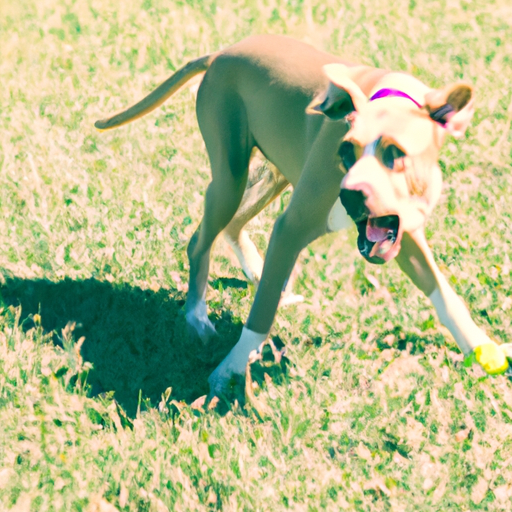From joyful yips to anxious yowls, puppy barking is a form of communication that is as varied as the breeds themselves. If you’re a caregiver to a young pup, understanding the reasons behind their barks, as well as how to manage and train them, can lead to a more harmonious household.
Why Do Puppies Bark?
Just like human infants, puppies use their voices to communicate their needs and feelings. Here are some common reasons why your puppy might be barking:
- Attention-seeking: Puppies crave your attention and may bark to get it.
- Hunger: If it’s close to mealtime, your puppy’s bark might be a demand for food.
- Boredom or loneliness: Long periods of inactivity can lead to barking.
- Fear or anxiety: Loud noises, strangers, or unfamiliar environments can trigger barking.
Understanding Different Types of Barks
Distinguishing between different types of barks can give you insight into your puppy’s needs and emotions.
- Continuous, rapid barking: This is typically a sign of alarm or fear.
- Prolonged or incessant barking: This can indicate boredom or loneliness.
- Staccato, high-pitched barks: These are often attention-seeking barks.
Training Techniques for Barking
Training your puppy not to bark unnecessarily is a key part of their development. Here are some techniques you can use:
- Ignore the barking: If your puppy barks for attention, ignoring them teaches that barking won’t get them what they want.
- Distract them: Use toys or treats to divert their attention when they start barking.
- Teach the “Quiet” command: Start by saying “Quiet” when your puppy is barking, then reward them when they stop.
Tools to Aid in Training
There are several tools available that can assist in training your puppy to control their barking.
| Tools | Description |
|---|---|
| Clicker | Useful for marking the exact moment your puppy does something right. |
| Treats | Great for rewarding good behavior. |
| Toys | Can be used for distraction and reward. |
Coping with Separation Anxiety
If your puppy barks excessively when you’re not around, they may be suffering from separation anxiety. Here are some strategies to help manage this:
- Gradual desensitization: Start by leaving for short periods, gradually increasing your time away.
- Provide distractions: Leave toys or treats to keep your puppy occupied while you’re gone.
- Create a safe space: A comfortable crate or playpen can provide a secure environment.
When to Seek Professional Help
If your puppy’s barking is causing distress or if your training efforts aren’t working, consider consulting a professional. Trainers and behaviorists can provide personalized guidance and strategies.
Frequently Asked Questions
Q: How long does it take to train a puppy not to bark excessively?
A: The length of training can vary greatly depending on the puppy. Consistency and patience are key.
Q: What should I do if my puppy barks at strangers?
A: This is often a fear response. Socializing your puppy can help them feel more comfortable around new people.
Q: Can certain breeds be more prone to barking?
A: Yes, some breeds are known to be more vocal than others. Researching your breed’s tendencies can be helpful.
Remember, your puppy’s bark is a communication tool. By understanding, managing, and training this behavior, you’ll be strengthening your bond and setting the stage for a happy and healthy relationship with your four-legged friend.



